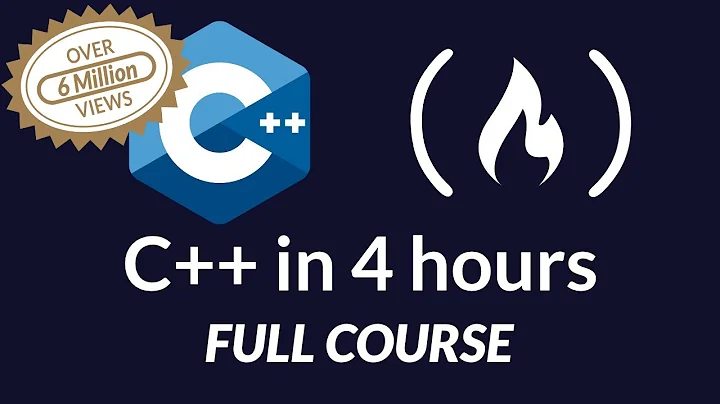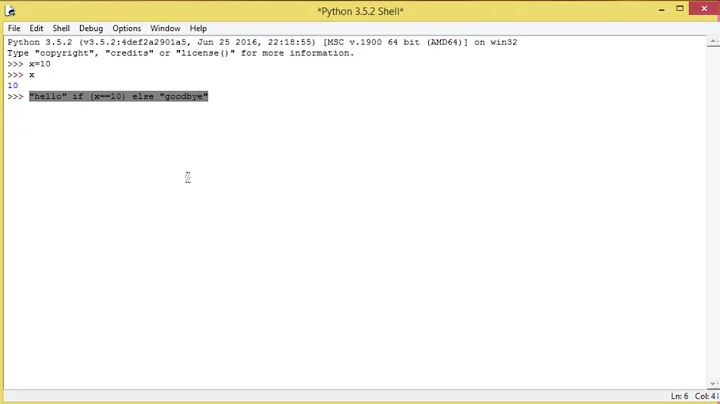Override Python's 'in' operator?
90,604
Solution 1
MyClass.__contains__(self, item)
Solution 2
A more complete answer is:
class MyClass(object):
def __init__(self):
self.numbers = [1,2,3,4,54]
def __contains__(self, key):
return key in self.numbers
Here you would get True when asking if 54 was in m:
>>> m = MyClass()
>>> 54 in m
True
See documentation on overloading __contains__.
Solution 3
You might also want to take a look at an infix operator override framework I was able to use to create a domain-specific language:
http://code.activestate.com/recipes/384122/
Related videos on Youtube
Author by
astrofrog
Updated on September 21, 2021Comments
-
astrofrog over 2 years
If I am creating my own class in Python, what function should I define so as to allow the use of the
inoperator, e.g.class MyClass(object): ... m = MyClass() if 54 in m: ...-
Tomasz Gandor almost 7 yearsI was actually searching how to override the
isandis notoperators. Like aquery = tinydb.Query().field == value, to also be able to writeQuery().field is not None. But it seems I'm left with__eq__and__ne__for the time being, which leads to the unpythonicQuery().field != None. (sarc)
-
-
Peter Hansen about 14 years@pthulin, yours may be "more complete" in terms of code, but Ignacio's links to the documentation, which is always a big plus for some.
-
Zoran Pavlovic almost 12 years@PEter. YEah, but some of us prefer a nice, visual representation of the answer. Ignacio's did little to benefit the question other than direct us here first instead of google, no thank you.
-
Peter Hansen over 11 yearsZoran, I agree, and I even upvoted this answer and not the other. I'm just pointing out that a truly good answer should always link to docs, if available.
-
demongolem over 11 yearsAll, links die and that is why Ignacio's answer is shaky on SO. Links + example is the best and that is why a combination of the two answers we are talking about is best.
-
 wizzwizz4 about 7 years@demongolem The official Python documentation will die with or after the interpreter becomes undownloadable. And it isn't a link-only answer; I came to this page looking for the answer and found it without clicking on any further links (i.e. the prototype was sufficient). I do agree in principle, but imho that doesn't apply here.
wizzwizz4 about 7 years@demongolem The official Python documentation will die with or after the interpreter becomes undownloadable. And it isn't a link-only answer; I came to this page looking for the answer and found it without clicking on any further links (i.e. the prototype was sufficient). I do agree in principle, but imho that doesn't apply here.












